Introduction
In recent years, prefab homes have gained significant traction in the real estate market, sparking curiosity about their value and longevity. As more buyers consider the benefits of these innovative structures, questions arise: do prefab homes appreciate like traditional houses? Understanding the dynamics of prefab homes is essential for anyone looking to invest in this burgeoning sector.
Understanding Prefab Homes and Their Value
Prefab homes, or prefabricated houses, are built off-site and then assembled on location, offering a unique blend of efficiency and modern design. Their value lies not just in their affordability but also in their potential for appreciation over time. With growing interest from homebuyers seeking cost-effective solutions, many are left wondering—do prefab homes appreciate as much as conventional properties?
The Rise of Prefab Homes in Real Estate
The rise of prefab homes marks a significant shift in how we perceive housing options today. Increasingly, consumers are drawn to these structures due to their affordability and quick construction times compared to traditional builds. As more people ask themselves whether they should invest in prefab options, it becomes crucial to explore the factors that contribute to appreciation within this market.
Key Factors Influencing Home Appreciation
Several key factors influence whether prefab homes will appreciate over time, including location, quality of construction, and changes in local regulations. Buyers must consider how these elements interact with market demand and economic conditions when evaluating investment potential. Ultimately, understanding these dynamics can answer the pressing question: do prefab homes appreciate?
What Are Prefab Homes?
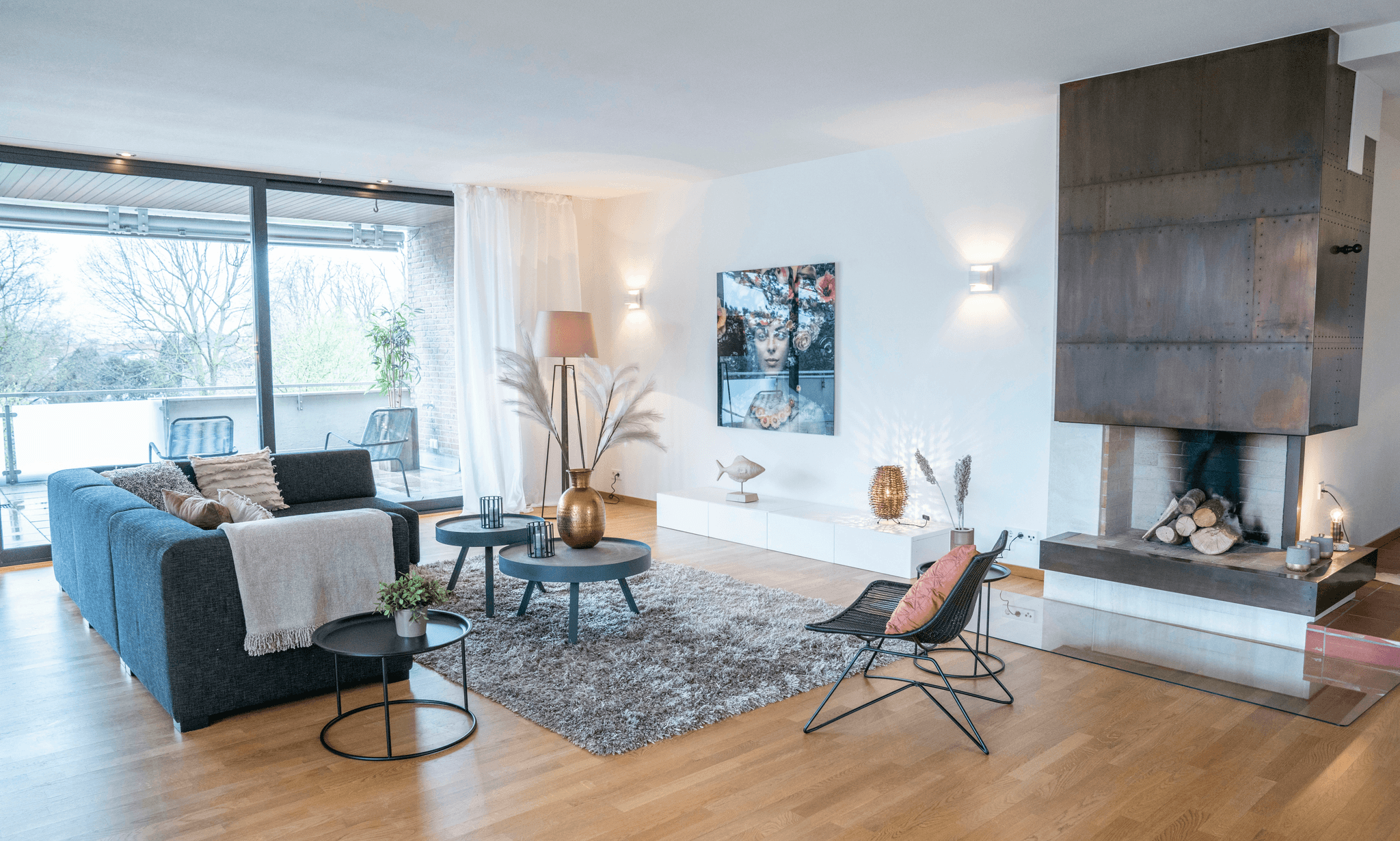
Prefab homes, short for prefabricated homes, are structures that are built off-site in a factory setting and then transported to their final location for assembly. This innovative approach to home construction has gained traction due to its efficiency and cost-effectiveness. But do prefab homes appreciate like their traditional counterparts? Let's dive into the details.
Types of Prefab Homes
There are several types of prefab homes, each catering to different needs and preferences. Modular homes are built in sections or modules that can be combined on-site, while panelized homes consist of pre-cut panels that create the structure's walls and roofs. Additionally, manufactured homes offer a more affordable option but may have different financing options compared to modular or panelized designs. Regardless of the type, it's essential to consider how these variations might impact whether prefab homes appreciate over time.
Construction Process Explained
The construction process for prefab homes is streamlined and efficient, which often leads to shorter build times compared to traditional methods. The components are constructed in a controlled environment, minimizing weather-related delays and ensuring consistent quality control throughout the process. Once completed at the factory, these sections are transported to the building site where they’re assembled quickly—often within days—allowing homeowners to move in sooner than they would with conventional builds.
Comparing Traditional vs. Prefab Homes
When comparing traditional and prefab homes, one key aspect is how each type appreciates over time. Traditional homes often rely on location-based factors for appreciation; however, prefab homes can also see significant increases in value depending on their quality and design features. With companies like PreFab Inc., which focuses on high-quality materials and modern aesthetics, buyers may find that not only do prefab homes appreciate but they also offer unique advantages such as lower maintenance costs.
The Market Dynamics of Prefab Homes
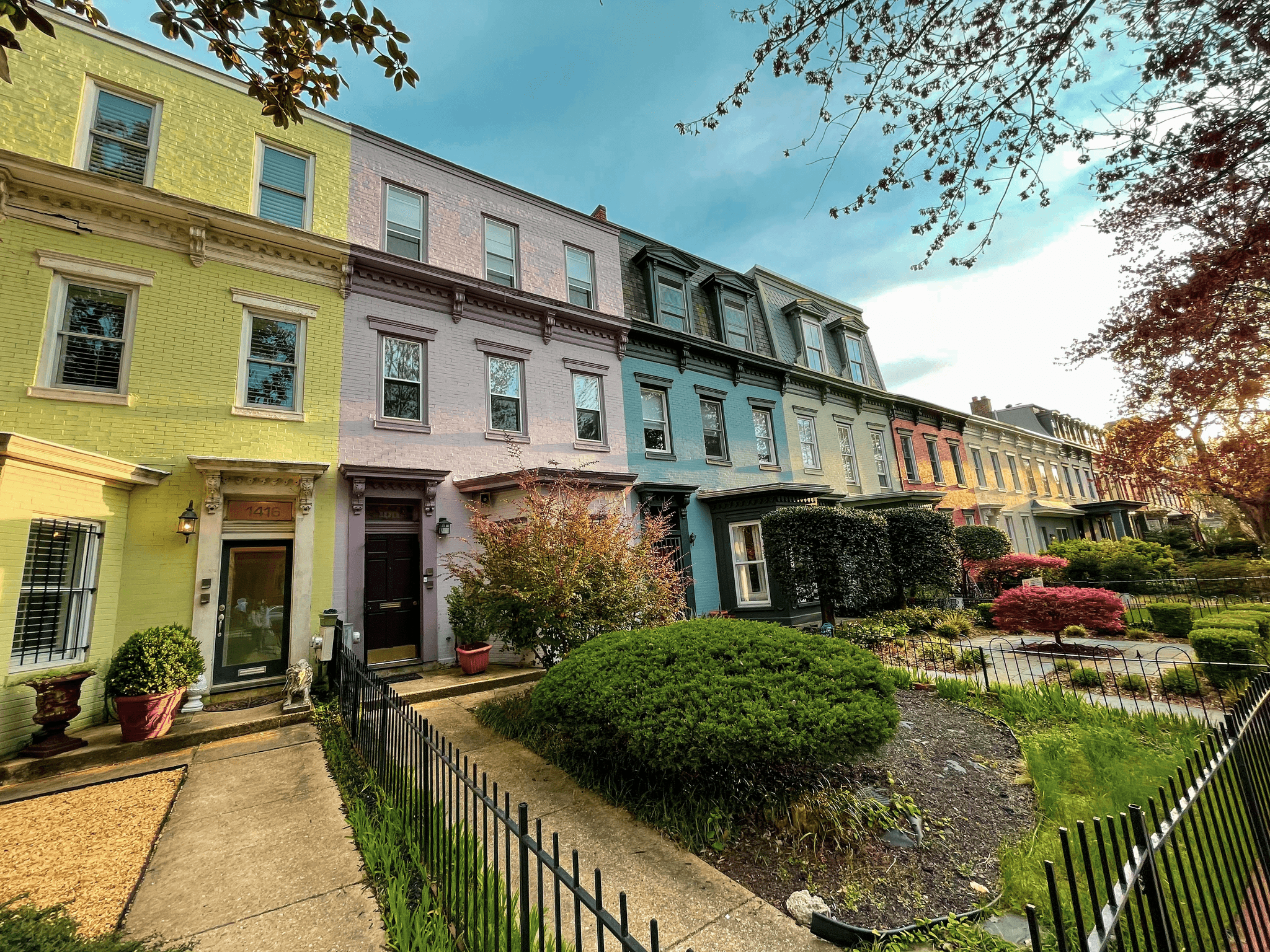
The market dynamics surrounding prefab homes have evolved significantly in recent years, reflecting broader shifts in the housing landscape. As more buyers seek efficient and cost-effective housing solutions, the question arises: do prefab homes appreciate? Understanding these dynamics can provide valuable insights for potential investors and homeowners alike.
Current Trends in the Housing Market
In today’s housing market, there is a noticeable shift toward sustainable living and innovative construction methods. Prefab homes are at the forefront of this trend, offering eco-friendly options that align with modern consumer values. With rising material costs and labor shortages affecting traditional construction, many are turning to prefab solutions as a viable alternative that also raises the question: do prefab homes appreciate over time?
The demand for prefab homes has surged due to their affordability and speed of construction, making them an attractive choice for first-time buyers and investors alike. In addition, advancements in technology have enhanced design flexibility, allowing for customized options that appeal to diverse tastes. As more people recognize the benefits of prefab living, it becomes essential to consider how this influences property appreciation.
Demand for Affordable Housing Solutions
The ongoing affordable housing crisis has prompted a renewed interest in prefab homes as a practical solution. With soaring prices in urban areas, many buyers are exploring alternatives that offer both quality and affordability without compromising on style or comfort. This growing demand raises an important question: do prefab homes appreciate like their traditional counterparts?
Prefab homes often come with lower upfront costs compared to conventional builds, making them accessible to a broader range of buyers. This affordability factor not only attracts homebuyers but also appeals to investors looking for properties with strong potential returns. As cities grapple with housing shortages, it's clear that the popularity of prefab options will likely continue to rise.
Geographical Variations in Appreciation
While many factors influence home appreciation rates across different regions, geographical variations play a crucial role when it comes to prefab homes specifically. In metropolitan areas experiencing rapid growth or revitalization efforts, we often see higher appreciation rates for well-located prefab properties—prompting further inquiry into whether do prefab homes appreciate consistently across various markets.
Conversely, rural or less populated areas may not experience the same level of demand or price increases for prefab homes due to limited market activity and buyer interest. However, as remote work becomes more common and people seek out affordable living options outside urban centers, we might witness shifts in this trend over time. Ultimately, understanding these geographical nuances is vital for anyone considering investing in prefabricated real estate.
Factors That Influence Appreciation
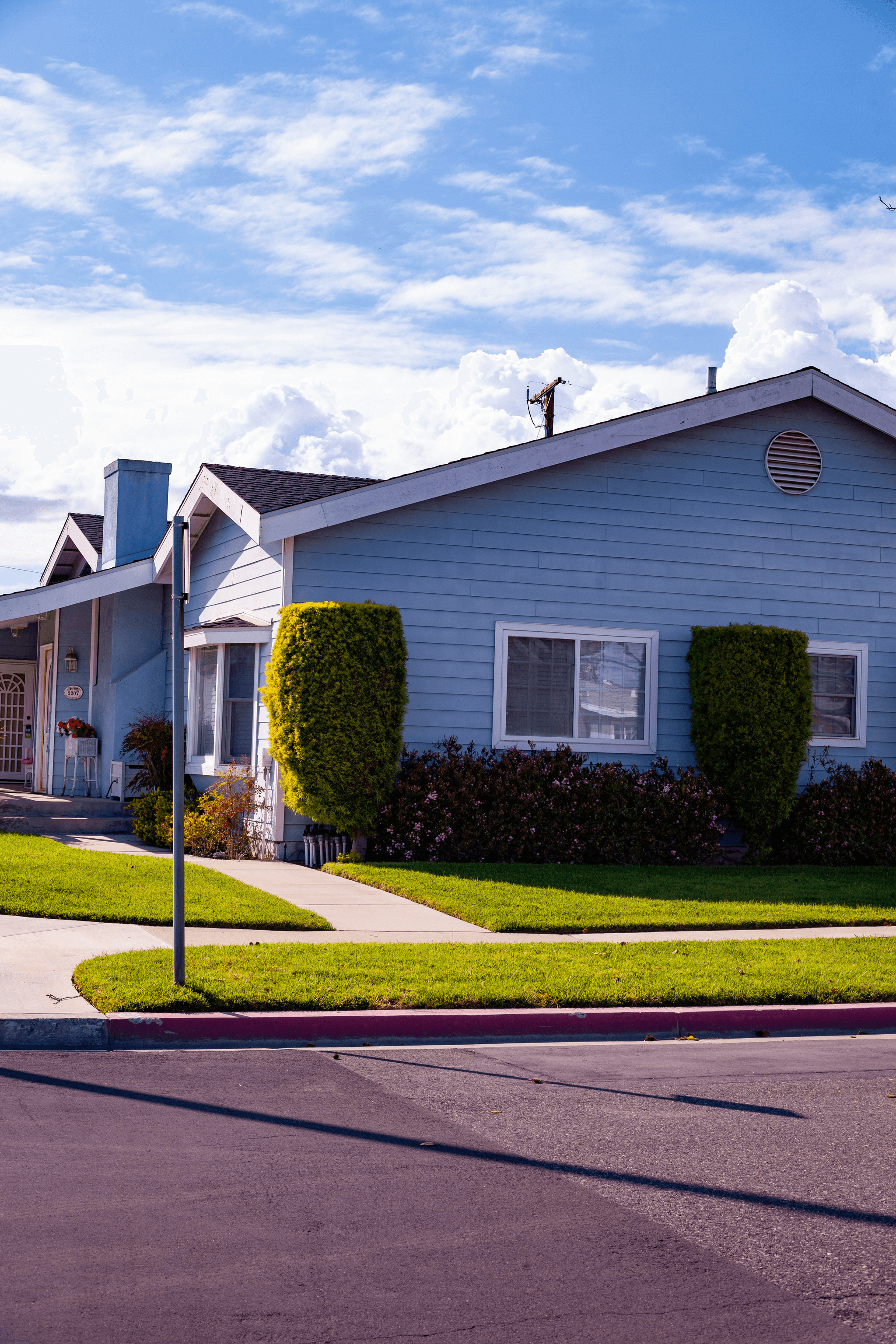
When it comes to understanding whether prefab homes appreciate in value, several key factors come into play. Location, quality of construction, and local regulations are instrumental in determining how these homes fare in the real estate market. Each of these elements can significantly impact resale value and long-term investment potential.
1. Location and Its Importance
The age-old adage location, location, location holds true when discussing do prefab homes appreciate? Homes situated in desirable areas—think proximity to urban centers, good schools, and recreational amenities—tend to see higher appreciation rates. For PreFab Inc., selecting the right plot for building prefab homes can make all the difference; a well-located home not only attracts buyers but also stands a better chance of appreciating over time.
Moreover, neighborhoods undergoing revitalization or those with planned infrastructure improvements often experience spikes in property values. Buyers are increasingly looking for affordable housing options that do not compromise on quality or location—a perfect niche for prefab homes. Thus, when considering whether do prefab homes appreciate, remember that their location is paramount.
2. Quality of Construction and Materials
Another crucial factor influencing appreciation is the quality of construction and materials used in building prefab homes. High-quality craftsmanship combined with durable materials can make a significant difference when it comes to long-term value retention. Homes built by PreFab Inc., known for their attention to detail and commitment to using superior materials, stand out as prime examples of how quality impacts appreciation.
Potential buyers are more likely to invest in properties that have been constructed with care and precision; they want assurance that their investment will hold its value over time. Therefore, if you're pondering whether do prefab homes appreciate, consider the level of craftsmanship involved—it's a game-changer! Ultimately, high-quality construction fosters trust among buyers and encourages them to pay a premium for well-built properties.
3. Changes in Local Regulations
Local regulations can have profound effects on property values as well; zoning laws or changes in housing policies can either enhance or hinder appreciation rates for prefab homes. When municipalities adopt more favorable regulations regarding land use or building codes that support innovative housing solutions like those from PreFab Inc., it creates an environment ripe for growth and investment potential.
On the flip side, restrictive policies may deter potential buyers from investing in certain areas—leading one to question: do prefab homes appreciate under such circumstances? The answer often hinges on how adaptable these structures are within changing regulatory landscapes; flexibility can be an asset here! Ultimately, staying informed about local regulations is essential for anyone considering investing in prefab properties.
Real-Life Examples of Appreciation
When it comes to understanding whether prefab homes appreciate, real-life examples can provide valuable insights. In recent years, several case studies have highlighted the rising value of prefab homes across various markets. These instances not only showcase appreciation but also illuminate the factors contributing to their increasing worth.
Case Studies of Prefab Home Sales
One notable case study involves a community of prefab homes in Austin, Texas, where prices surged by 25% over three years. The combination of a booming tech industry and a growing demand for affordable housing played a crucial role in this appreciation. As more buyers recognize the benefits of these modern constructions, questions like do prefab homes appreciate? are being answered with a resounding yes.
Another example can be found in Portland, Oregon, where a development featuring eco-friendly prefab homes saw an impressive 30% increase in property values within five years. This surge was driven by both the city's commitment to sustainability and its vibrant real estate market. Such cases demonstrate that location and market dynamics significantly influence whether prefab homes appreciate.
Notable Success Stories in the Market
Prefab Inc. has been at the forefront of several successful projects showcasing how prefab homes can appreciate over time. One standout project involved constructing high-quality modular units that quickly became sought after due to their innovative design and affordability—resulting in rapid price increases shortly after completion. Buyers who initially questioned if they should invest were soon asking themselves how much these properties could rise in value.
In another instance, a series of luxury prefab homes built along California's coastline experienced remarkable appreciation rates—some exceeding 40% within just two years! This success story underscores how desirable locations combined with quality construction lead to significant financial gains for homeowners willing to embrace this modern housing solution. The question do prefab homes appreciate? is easily answered when looking at such compelling success stories.
Lessons Learned from Appreciating Properties
From analyzing various case studies and success stories, several lessons emerge regarding the appreciation potential of prefab homes. Firstly, location remains paramount; properties situated near urban centers or desirable amenities tend to see greater increases in value over time. Secondly, investing in high-quality materials and sustainable building practices pays off—homes that boast durability often attract higher offers when it comes time to sell.
Lastly, understanding local regulations is crucial for long-term appreciation; navigating zoning laws and building codes can make or break an investment's value trajectory. As more people ponder whether do prefab homes appreciate as traditional builds do, it’s clear that informed decisions based on these lessons will yield favorable outcomes for savvy investors like those working with PreFab Inc.
Expert Opinions on Future Values
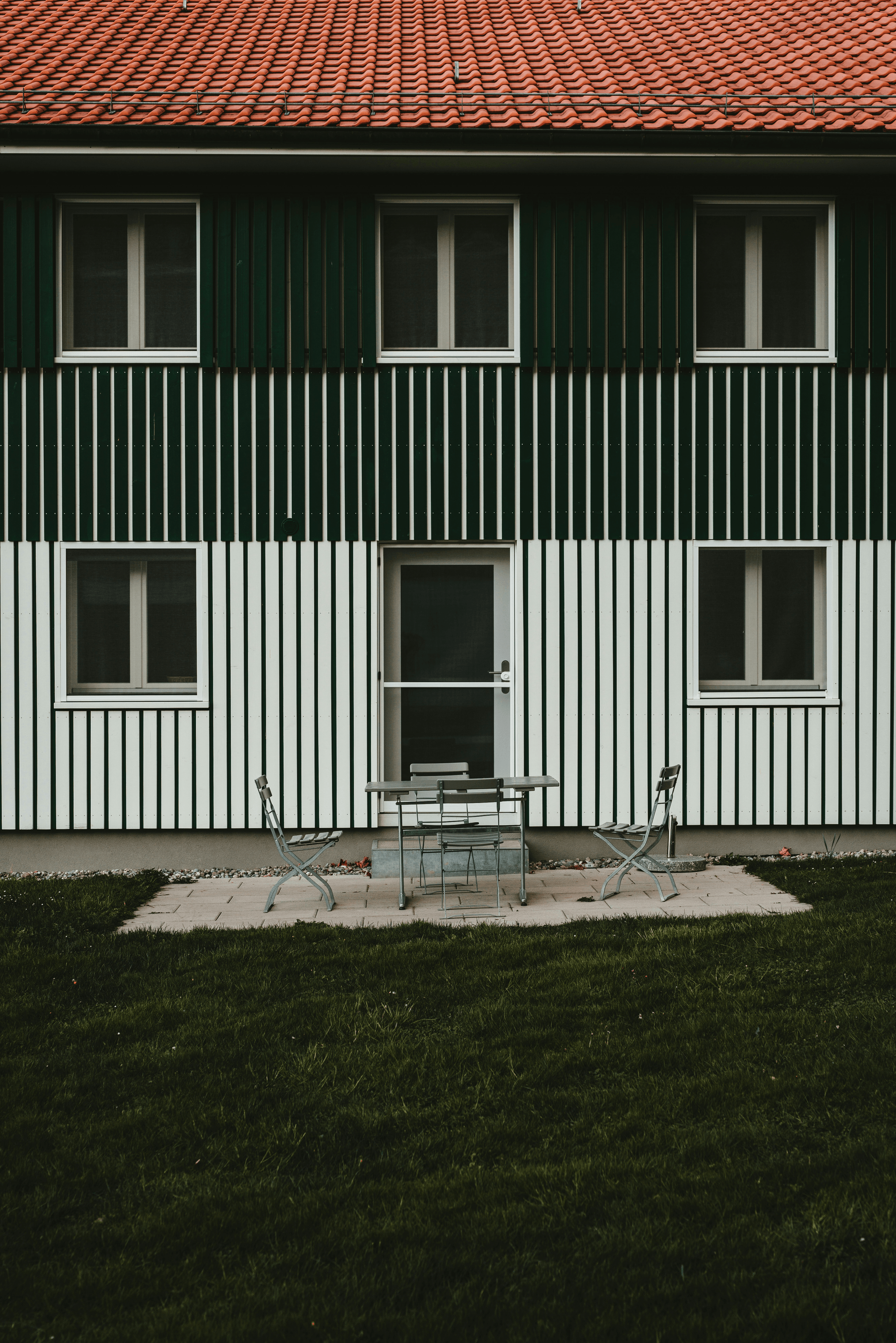
As the real estate landscape continues to evolve, the question of whether prefab homes appreciate is becoming increasingly relevant. Real estate professionals are taking note of this trend and sharing insights that could shape future investments. With a growing interest in sustainable living and affordable housing, prefab homes are carving out a niche that could lead to significant appreciation over time.
Insights from Real Estate Professionals
Real estate agents and analysts are optimistic about the potential for prefab homes to appreciate in value. They point to several factors, including the rising demand for affordable housing solutions and advancements in construction technology that enhance quality. Many experts believe that as more buyers become aware of the benefits of prefab homes, including energy efficiency and modern designs, the market will respond favorably—prompting an upward trajectory in home values.
Moreover, professionals emphasize location as a critical factor influencing appreciation rates. Homes situated in desirable neighborhoods with good schools, amenities, and access to public transportation tend to see higher appreciation rates regardless of their construction type. Therefore, when considering if prefab homes appreciate, it's essential to evaluate their placement within these thriving communities.
Predictions for the Prefab Home Sector
Looking ahead, predictions for the prefab home sector suggest robust growth fueled by changing consumer preferences and economic factors. Analysts anticipate that as urban areas become more crowded and housing prices soar, many will turn toward innovative solutions like prefab homes for affordability without compromising on quality or aesthetics. This shift could result in increased demand that ultimately drives up property values—answering the lingering question: do prefab homes appreciate?
Furthermore, experts foresee advancements in technology streamlining production processes and reducing costs associated with building these homes. As manufacturers like PreFab Inc. continue innovating within this space, we may witness an influx of high-quality options appealing to a broader audience—making it an exciting time for investors looking at long-term value trends.
How PreFab Inc. Is Shaping the Industry
PreFab Inc., a leader in modular construction solutions, is playing a pivotal role in shaping the future of prefab homes. By prioritizing quality materials and sustainable practices while keeping prices competitive, they’re setting new standards within this burgeoning market segment. Their commitment not only enhances consumer confidence but also contributes positively to discussions around whether do prefab homes appreciate over time.
Additionally, PreFab Inc.’s focus on customization allows homeowners to tailor their living spaces according to personal tastes while maintaining resale value potential—a key consideration for any savvy investor or buyer questioning future worthiness. As they continue breaking barriers through innovation and design flexibility, it seems likely that they will drive further interest—and thus appreciation—in this exciting sector.
Conclusion
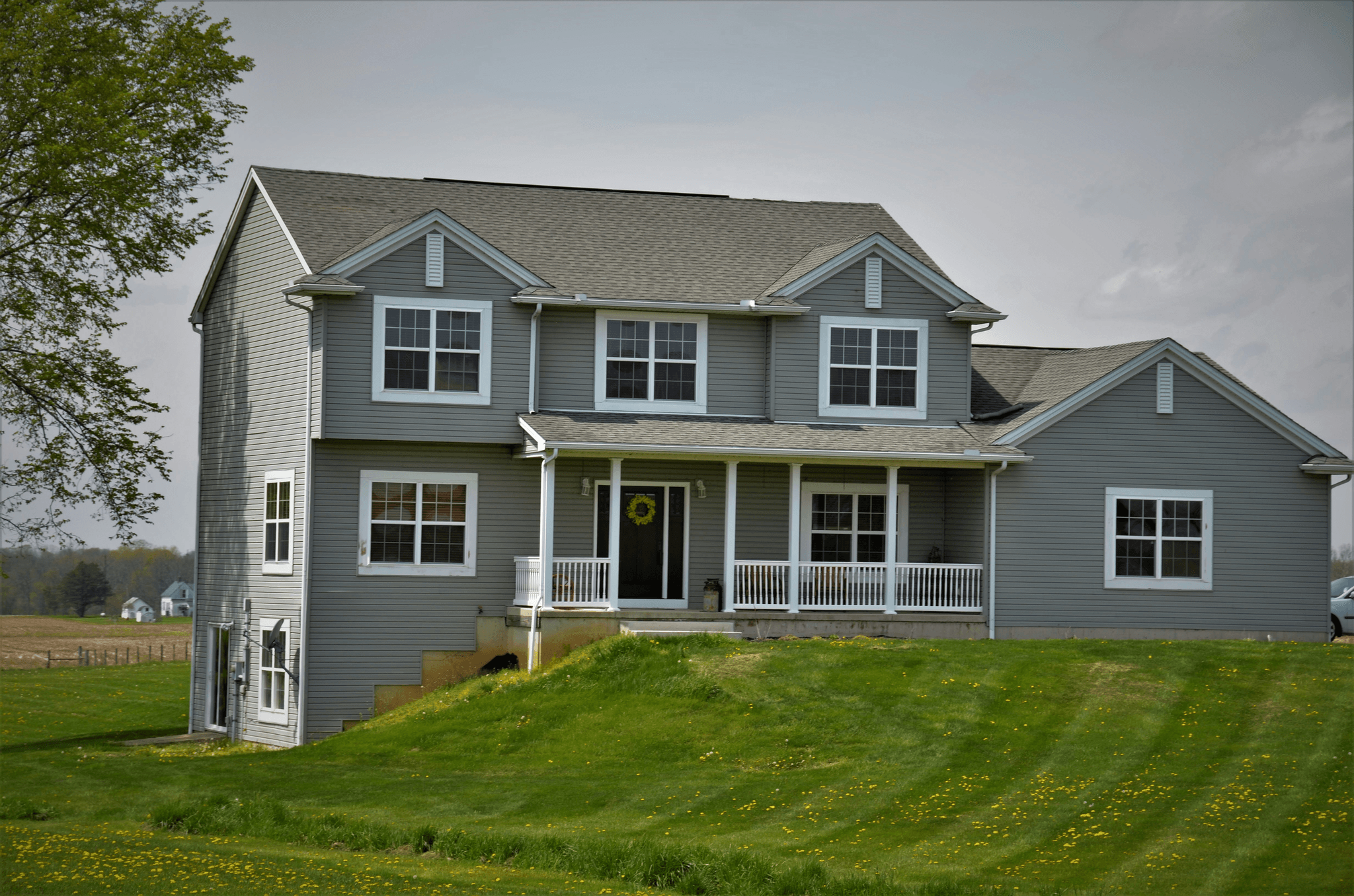
Prefab homes have emerged as a noteworthy investment opportunity in today's real estate landscape. With their unique construction methods and growing popularity, many potential buyers are asking, Do prefab homes appreciate? The answer is increasingly leaning toward yes, especially as these homes gain recognition for their efficiency and modern appeal.
The Investment Potential of Prefab Homes
The investment potential of prefab homes is becoming more evident with each passing year. As urban areas face housing shortages and affordability crises, these homes offer a viable solution that attracts both first-time buyers and seasoned investors alike. Companies like PreFab Inc. are at the forefront of this movement, crafting stylish and durable options that not only meet market demand but also promise value retention and appreciation over time.
Analyzing Long-Term Value Trends
When analyzing long-term value trends for prefab homes, it’s essential to consider various influencing factors such as location, quality of materials, and market dynamics. Research indicates that well-constructed prefab homes in desirable areas can appreciate significantly over time—often rivaling traditional builds. As the public's perception shifts positively towards these innovative structures, the question Do prefab homes appreciate? becomes less of a debate and more of an affirmation.
Final Thoughts on Prefab Home Appreciation
In conclusion, the appreciation potential of prefab homes is promising for both current homeowners and future investors. With ongoing advancements in construction technology and design from companies like PreFab Inc., these properties are likely to see increased demand in the coming years. Ultimately, understanding market trends will help clarify whether your investment in a prefab home will yield significant returns—spoiler alert: it likely will!

